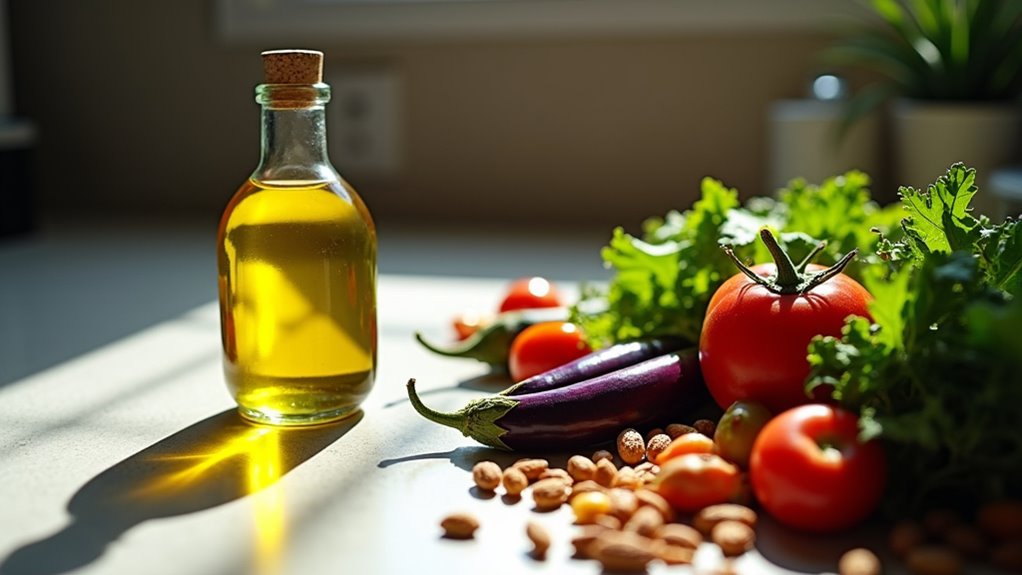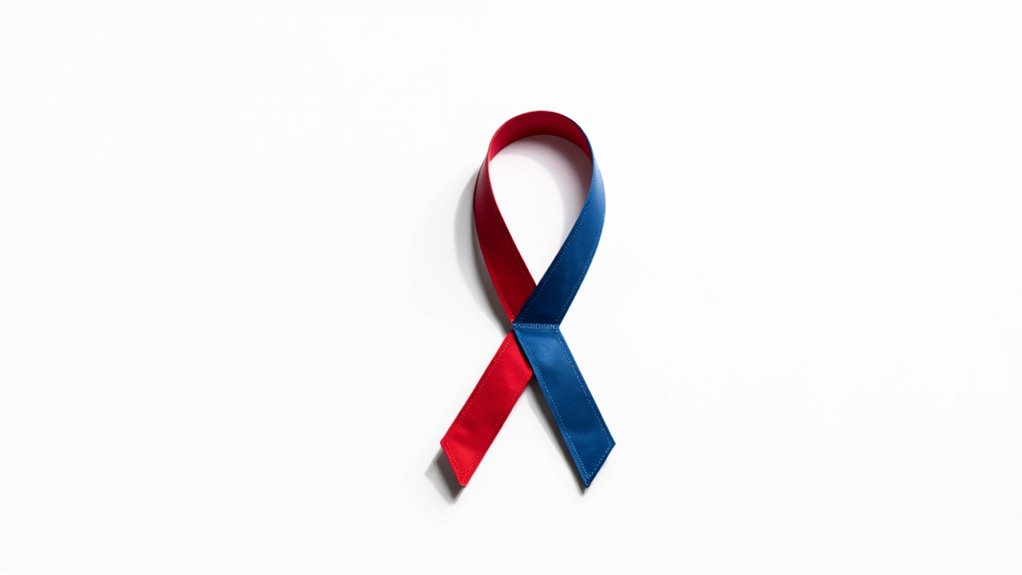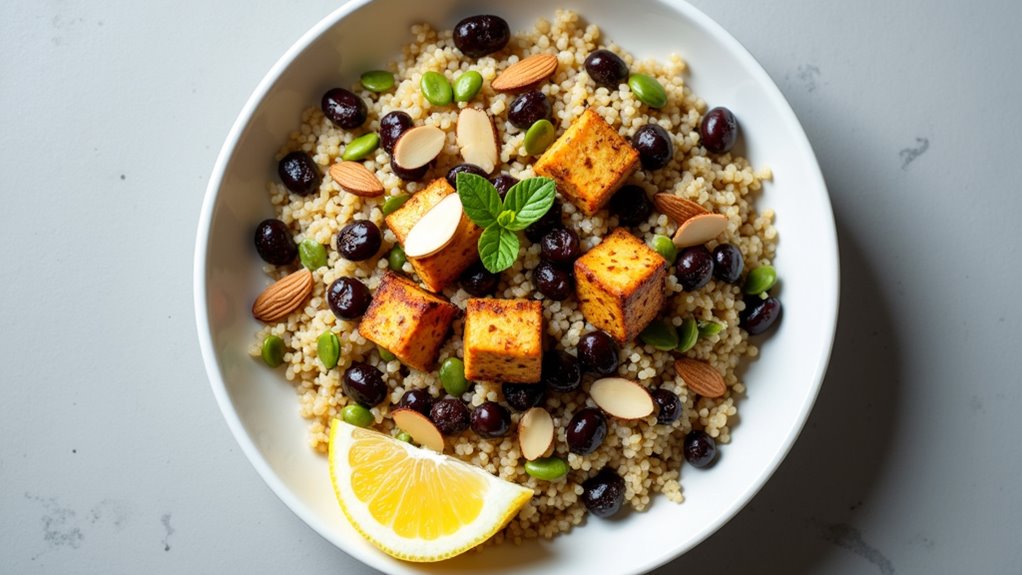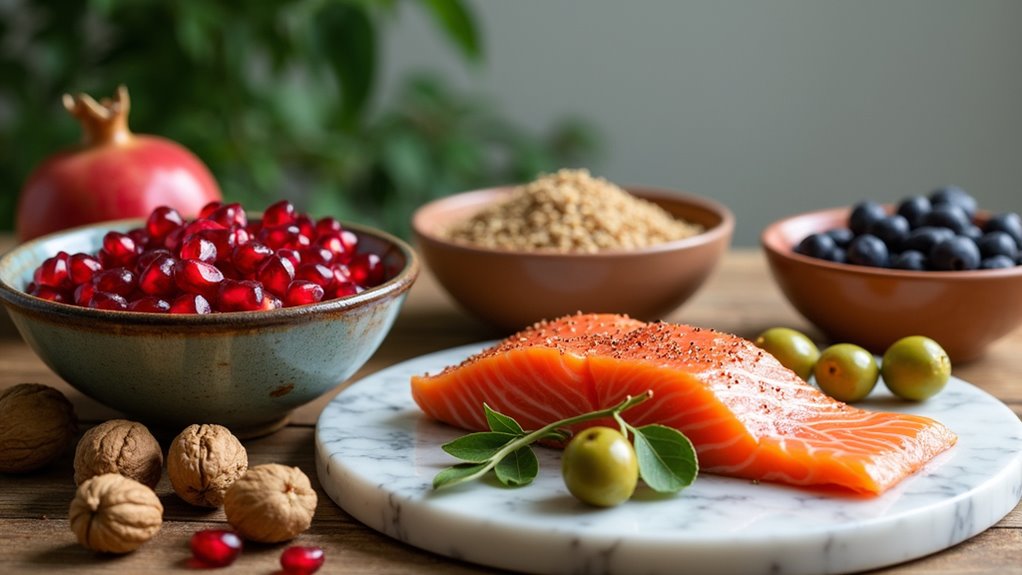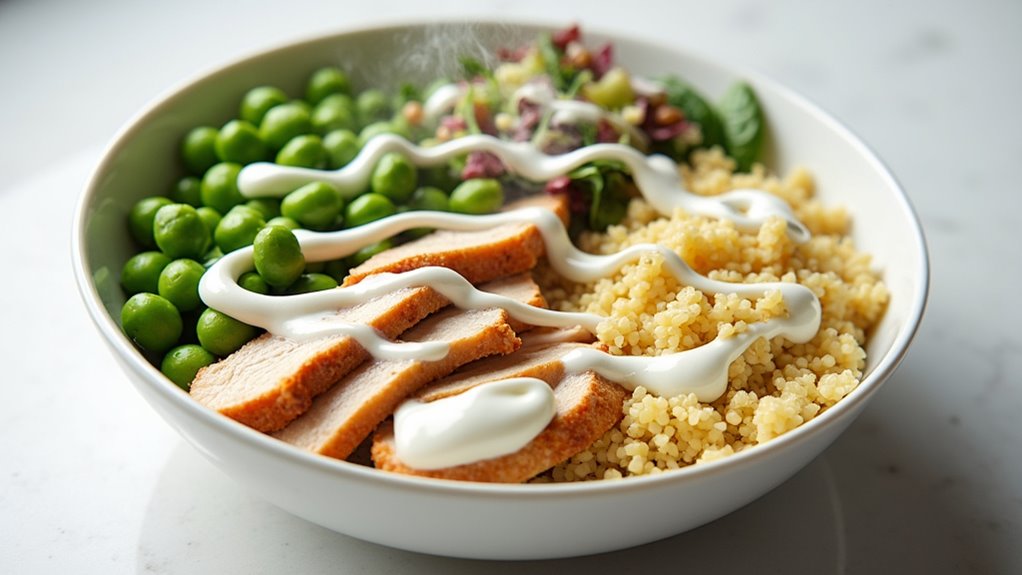Controversy lingers in operating rooms nationwide. The golden liquid long hailed as cardio-protective has heart surgeons questioning its exclusive use in their own kitchens. While olive oil does boast impressive credentials – packed with antioxidants and monounsaturated fats – the experts cutting into damaged hearts daily aren’t completely sold.
Sure, the Mediterranean diet shows remarkable heart disease reduction. Studies reveal olive oil can slash heart attack and stroke risks post-bypass surgery by 14-18%. Good news, right? Well, sort of.
Promising numbers mask a more complex reality in cardiac health where “better than terrible” isn’t necessarily good enough.
Here’s the inconvenient truth: olive oil still contributes to atherosclerotic plaque formation. Less than butter? Absolutely. A miracle cure? Not even close.
“Better than terrible doesn’t equal ideal,” many surgeons note. They’ve seen too many clogged arteries to believe any extracted oil deserves nutritional sainthood. Olive oil lacks the fiber, protein, and complete nutrient profile found in whole plant foods. It’s just processed fat, albeit with some polyphenols thrown in.
Most surgeons recommend it as a replacement for worse options like butter and margarine. That’s damning with faint praise. Like saying a cigarette is healthier than a cigar. True, but missing the point.
The calorie density poses another problem. Three tablespoons daily might help post-surgery, but those 360 calories add up fast. Weight management matters for heart health too.
Many cardiac specialists have shifted toward a more extensive approach. They recognize the benefits of olive oil but place it within a broader dietary context. The Mediterranean diet works partly because of what people aren’t eating – processed foods and excessive meat – not just because they drizzle olive oil on everything.
Some heart surgeons have even adopted nearly oil-free diets themselves, focusing on whole foods that don’t require processing or extraction. Flow Mediated Dilation tests consistently show that all oils impair endothelial function, which is crucial for cardiovascular health. A Greek study showed patients consuming less than 1 tablespoon of olive oil daily faced four times higher risk of complications after bypass surgery. They’ve seen too many opened chests not to be skeptical of any concentrated fat source.
